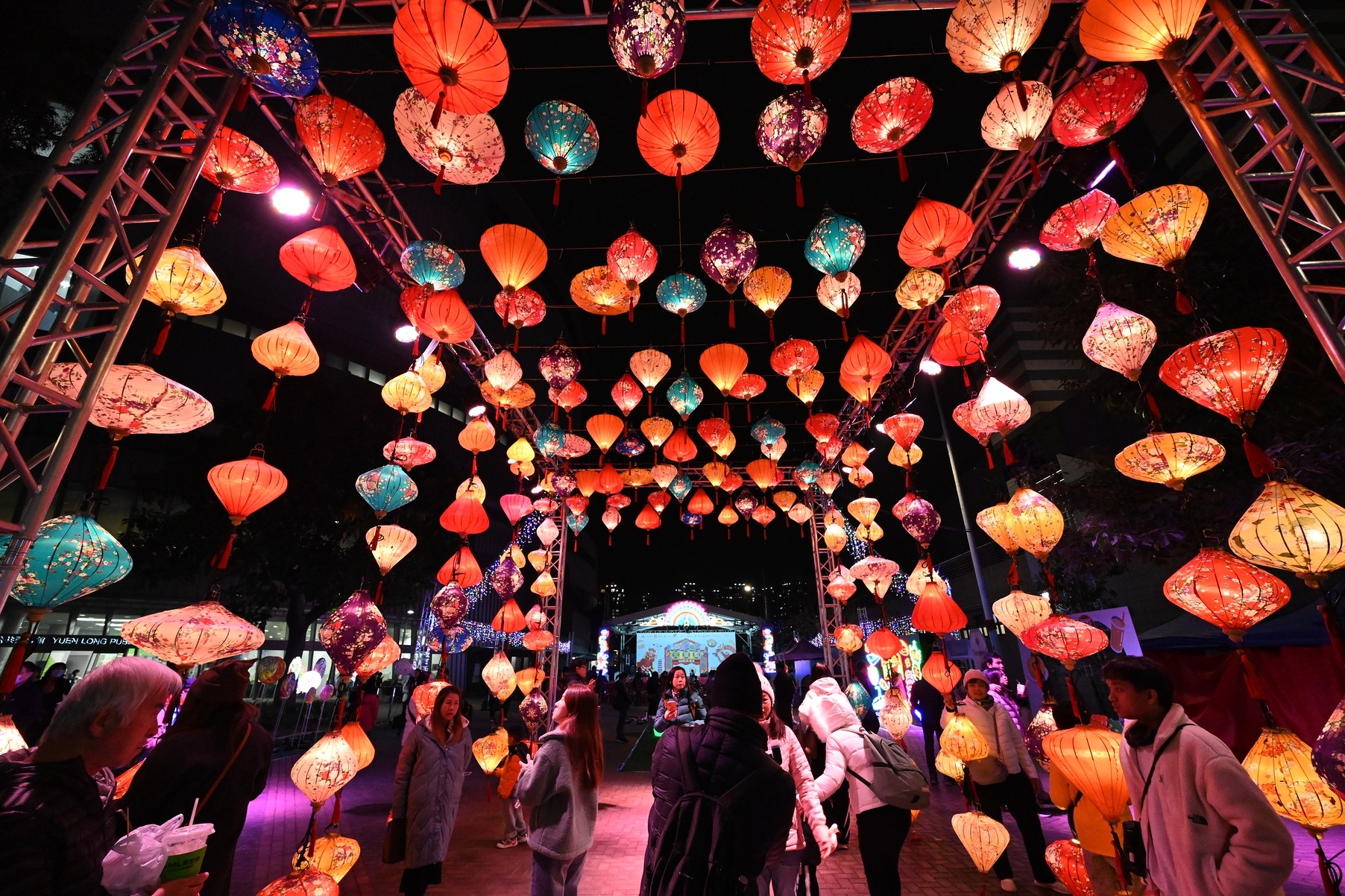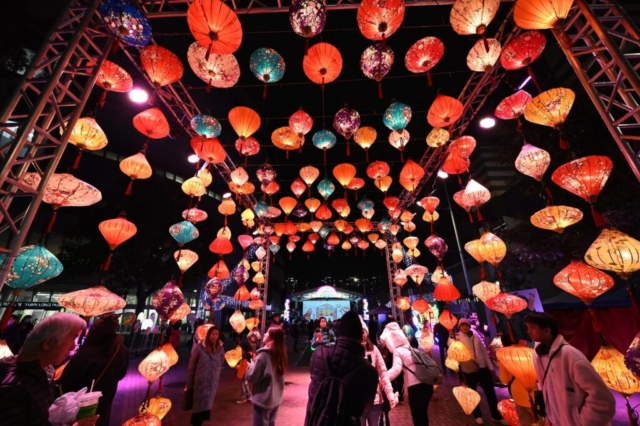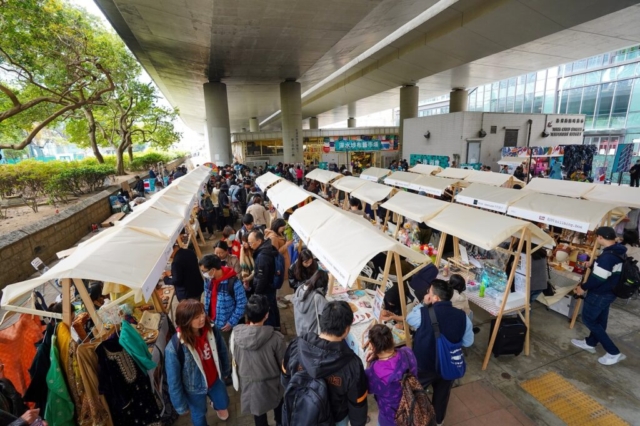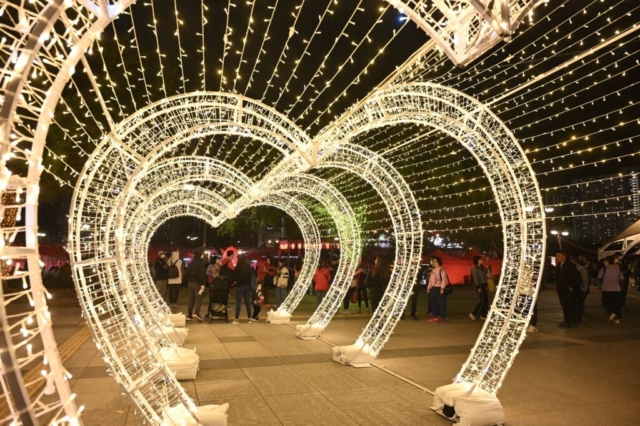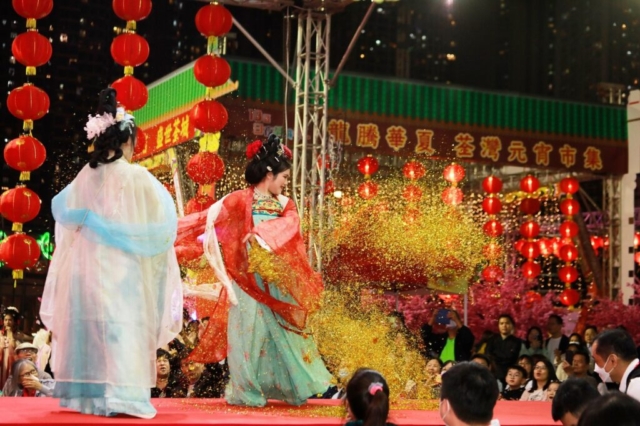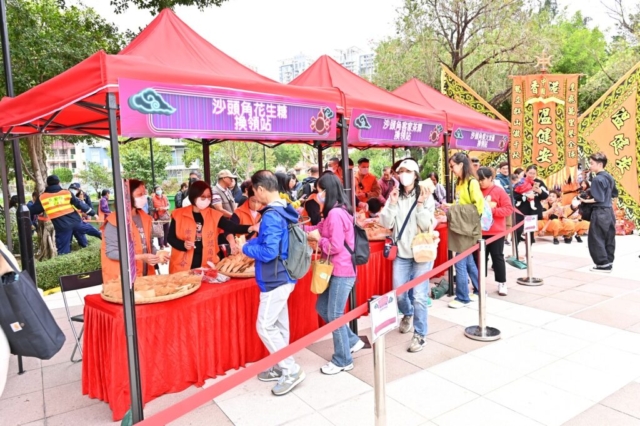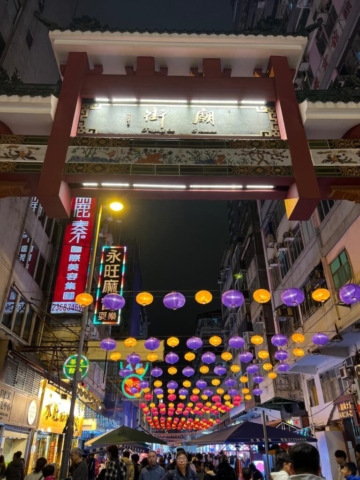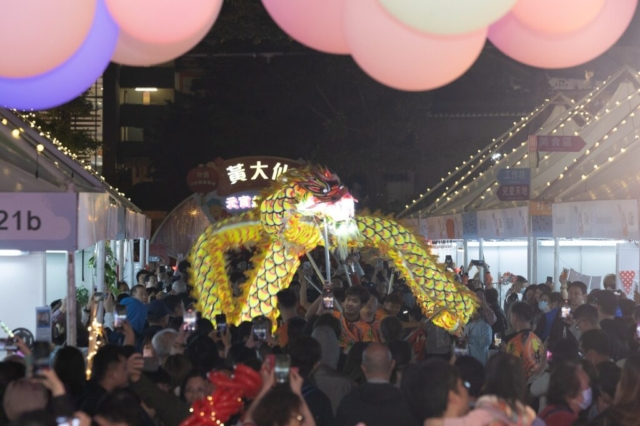Nothing stays the same. Hong Kong’s community is becoming more and more concerned about its economic future.
It was said that the greatness of a community is most accurately measured by the passionate actions of its members. Some men believe in quick fix and great men believe in fundamental cause and solution. Scholars are skeptical of the public campaign ‘Day X Night Vibes 日夜都繽紛’. They wonder if the project will really help the economic recovery of Hong Kong. Are they just a fluff and filler? I enjoy looking at the campaign from a different positive angle. The campaign originally has a longing to be significant and aims at a quick economic contribution; but be that as it may, I can see it being a part of some other things that are meaningful and purposeful.
The plan of the government is to have a project which launches high-spirited activities including fairs and shows covering all 18 districts in Hong Kong. They can demonstrate the ‘day and night vibes’ of Hong Kong and give the city’s economy a boost. These initiatives will provide more attractions for citizens and tourists to go to and local prosperity can be stimulated at the same time. Official said that the success cannot be measured only through the numbers of attendees or tickets distributed as some activities held on the streets would be difficult to assess.
Curiosity killed the cat, but satisfaction brought it back. I went to explore some of these district activities and found a few commonalities. They usually took the form of a fair. There are 4 kinds of themes: stalls to sell goods especially the home-made ones like soaps, game booths, stands for teaching handicrafts and cultural demonstrations like calligraphy writing and finally performances which may be band singing, flash acts and line dance. They do these common things in a common way, but the pleasure is seeing people’s dedication, passion and liveliness in organising the activities. The success is not found upon the standard of their small deeds. The touching achievement is that the volunteers and participants put passionately the uncommon effort into such common thing, making it large by doing it in a great way—with all their heart. The motivation has nothing to do with money.
These fairs play an important role in our community. They can contribute to the empowerment of individuals, provide opportunities for culture and art, generate cheerfulness for the passers-by and most impressively, promote the development of ‘inclusive communities’.
I had a lovely chat with the involved ones. A young vendor of handmade toys told me, “I have no money to run a shop. Here, I can learn how to do business. The investment at stake is small but I have been enabled to go through all the management skills!”
A tourist said, “I like watching and listening to interesting local music. It adds atmosphere to the city of Hong Kong! I think the streets are more lively!”
An old man heard our conversation and nodded his head, “I am tired of shopping malls. These street fairs give me an alternative. The refreshing environment now not only cleans my lungs. It actually boosts my mood and increases my energy levels!”
Hong Kong used to be labelled only as an international financial centre. Life in Hong Kong now transcends monetary borders when the central government wants us also to be a global cultural centre. As much as we help nurturing start-up business, we must also provide budding artists the opportunities and resources that they need for practices in order to succeed. In Hong Kong, it takes months to book a performing venue and busking is illegal here. In a street fair, youngsters play their songs, dance their styles, perhaps earn their money and will not get in people’s way. The artists can gain valuable exposure as a blooming artist. Besides, music builds their confidence. Hong Kong has to be more artistic in the coming years.
Classism does exist in Hong Kong. Some treat others unfairly and have negative opinions about them based on their economic and social position, particularly where they live. Somebody told me that she had never been to Sham Shui Po because the area was ‘poor and unsafe’! Let us hope ‘Day X Night Vibes’ activities can encourage more people to cross their psychological barrier to try to visit other areas from which they can learn how the others live. Poverty should not be taken a vice or sin.
When individualism prevails, we have more and more a very multifarious environment in Hong Kong. Diversity often results in social conflicts. We wish most of us can understand how important it is for us to put down the corrosive acids from our mouth and support any new initiatives, irrespective of their ultimate impacts, which can help people feel supported, connected and valued within society. Positive social externalities are vital for Hong Kong. As far as building up an inclusive community is concerned, fairs and fun markets at least serve one good thing: it does promote warm human interactions in Hong Kong, especially in winter days.
This article can also be found at the following sites:






